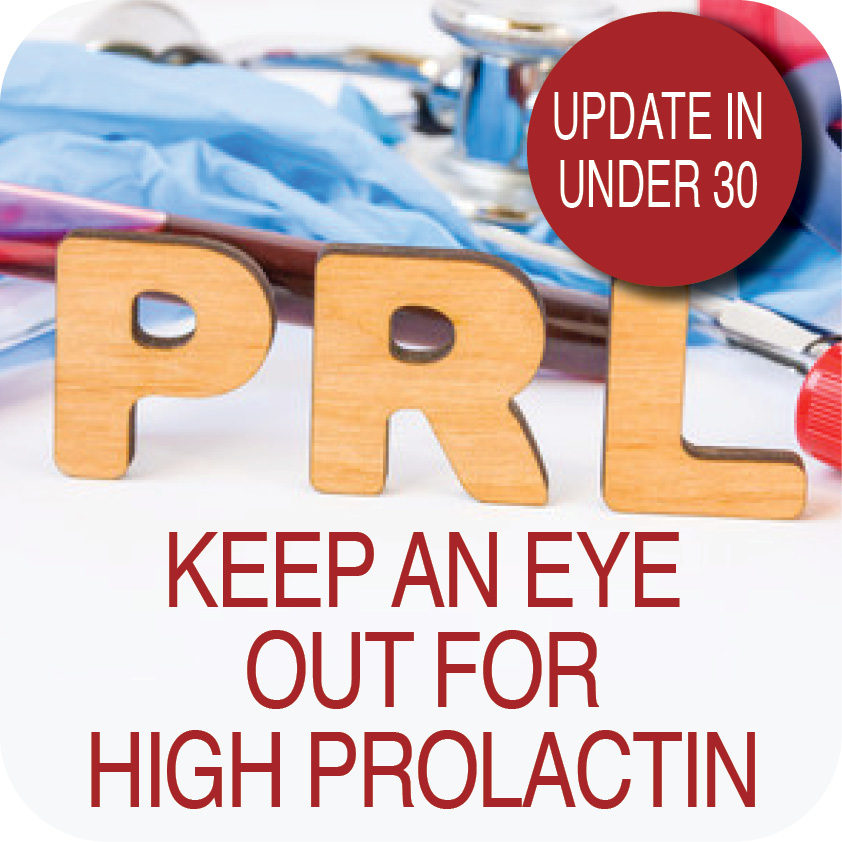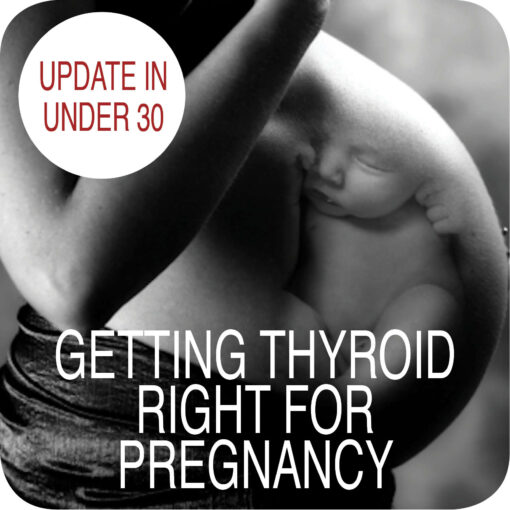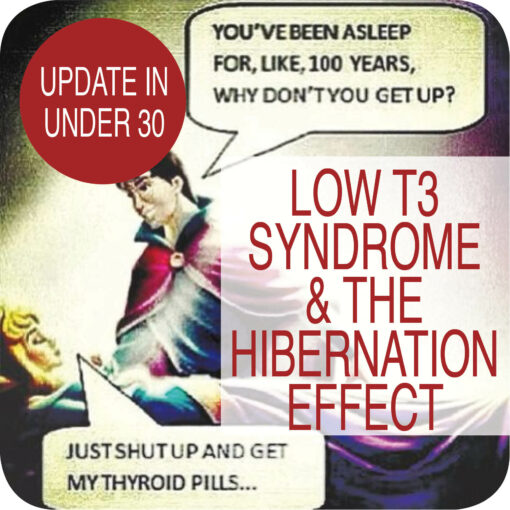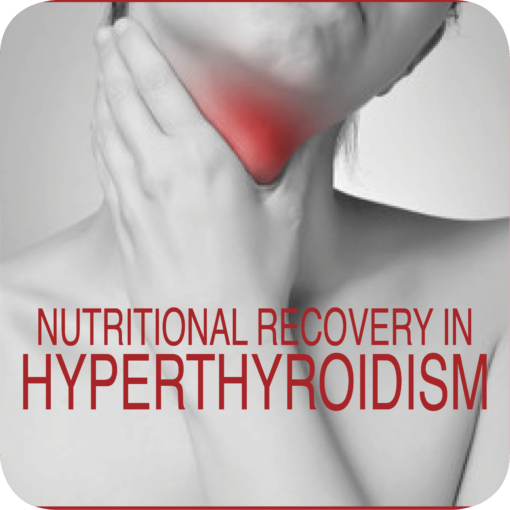Description
Traditionally associated with being the hormone of lactation & sometimes elevated in PCOS, our understanding of prolactin’s many other roles (immune, neurological, cardiovascular) and potency has increased dramatically. Consequently, hyperprolactinemia may be associated with increased risks of autoimmune and cardiovascular disease as well as causing major endocrine disruption via its interference with the release and activity of LH and FSH. So if you’re seeing patients with these types of presentations perhaps prolactin testing is worth considering.






